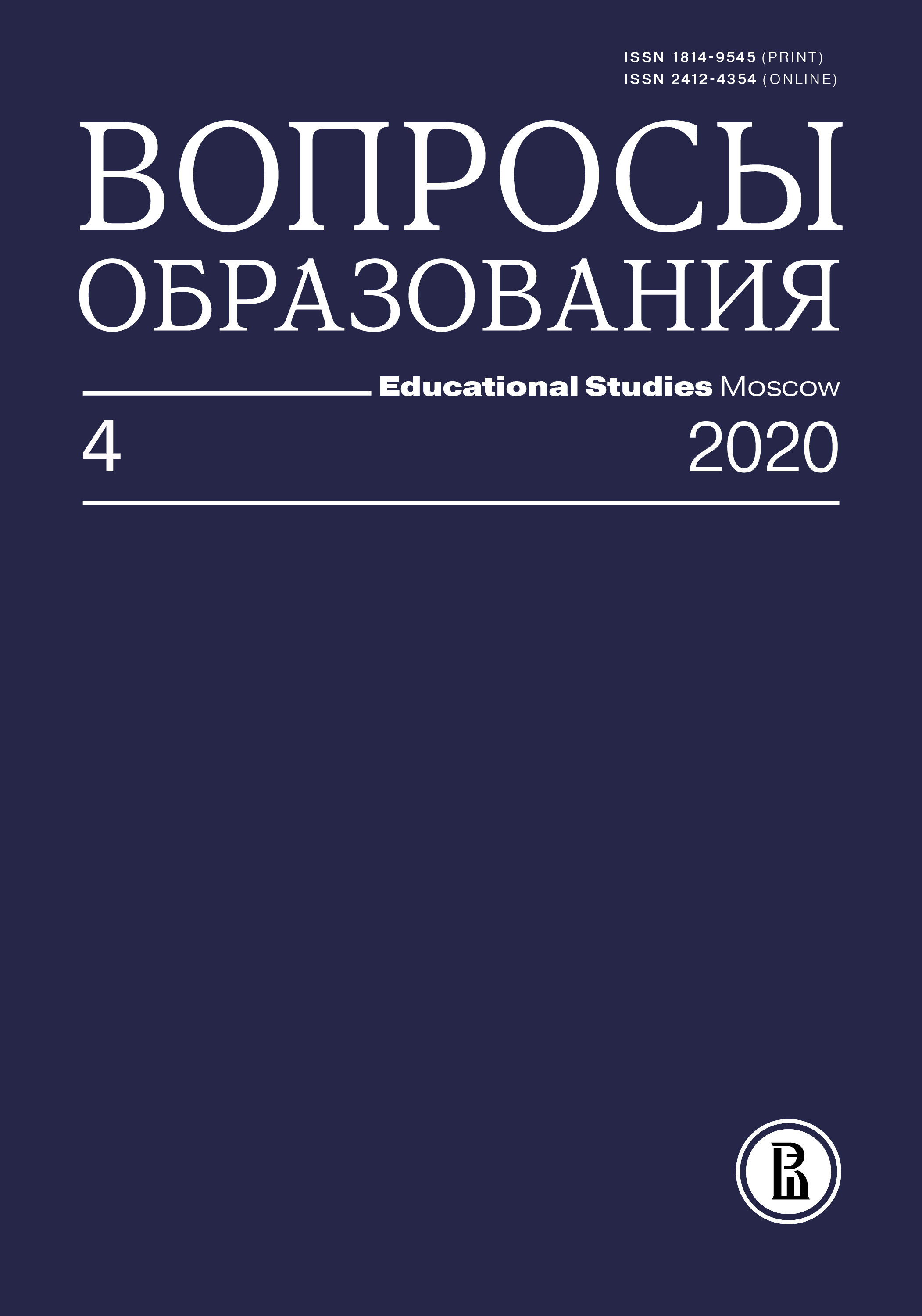Гринфилд в экосистеме высшего образования: кейс Байкальского института БРИКС
Аннотация
Идеи глобального образования и изменение образовательной парадигмы определили новые траектории развития высшей школы, в основе которых создание и использование образовательных инноваций, и обусловили появление пространств реализации новых образовательных инициатив — гринфилдов. Авторы анализируют предпосылки и практики модернизации отечественного высшего образования посредством гринфилда. Цель исследования — раскрыть роль гринфилдов в трансформации экосистемы высшего образования.
Университет рассматривается как ключевой элемент образовательной экосистемы, а гринфилд в ее структуре определен как драйвер, обеспечивающий возможность реализации образовательных инициатив и технологических инноваций. Гринфилд меняет экосистему и создает условия для ее дальнейшего развития.
Использованный метод исследования кейса позволил проанализировать механизм инициирования изменений в отдельном университете, выделить особенности формирования регионального гринфилда — Байкальского института БРИКС и показать его системное влияние не только на университет, но и на регион.
Гринфилд, позволяя университетам не пассивно встраиваться в современный ландшафт высшего образования, а участвовать в его формировании, расширяет границы возможностей экосистемы для запуска коллабораций и финансирования инновационных разработок.








